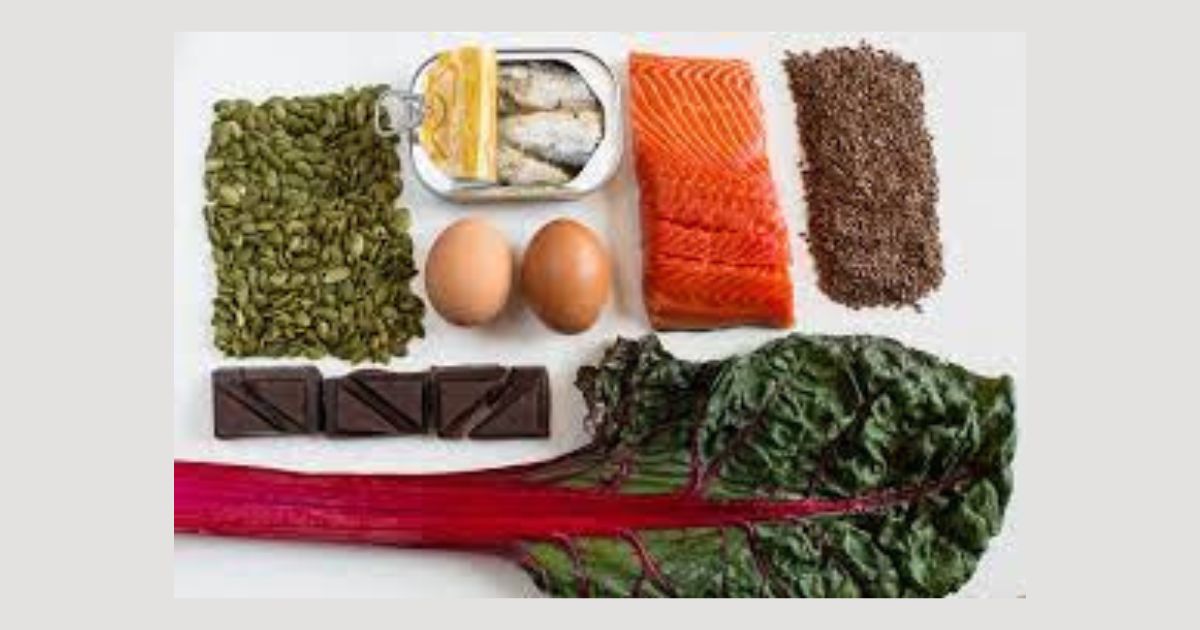In our fast-paced lives, stress and anxiety have become prevalent, impacting our daily activities. Uma Naidoo, MD, a Harvard-trained nutritional psychiatrist and author of “Calm Your Mind With Food,” suggests that paying attention to symptoms affecting daily life is crucial. Dr. Naidoo emphasizes the significance of adopting simple lifestyle habits, including incorporating stress-fighting foods for burnout recovery.
Stress-Fighting Foods for Burnout Recovery:
1. Green Tea:
Known for its numerous health benefits, green tea contains L-theanine, an amino acid scientifically proven to reduce stress and anxiety. It also boasts potent polyphenols that support brain health by reducing inflammation.
2. Spices:
Anti-inflammatory spices such as turmeric (paired with black pepper), cinnamon, ginger, and saffron can be easily incorporated into meals. These spices are loaded with micronutrients that help reduce inflammation, supporting brain health and mental fitness.
3. Masala Chai:
A flavorful option, masala chai, made with polyphenol-rich black tea and a blend of spices like cinnamon, cloves, cardamom, and ginger, can provide a calming and invigorating experience.
4. Golden Milk Turmeric Latte:
Dr. Naidoo recommends a five-ingredient mood-boosting golden milk turmeric latte featuring almond milk, turmeric powder, raw honey, grated nutmeg, and a pinch of black pepper. This creative beverage incorporates stress-relieving spices into a daily routine.
5. EVOO and Avocado Oil:
Extra virgin olive oil and avocado oil, rich in monounsaturated and omega-3 polyunsaturated fatty acids, support healthy brain function and reduce neuroinflammation.
6. Lavender Tisane:
For those sensitive to caffeine, herbal teas like lavender tisane can offer a soothing alternative. Lavender has been researched for its calming and neuroprotective effects.
7. Assorted Veggies:
Including a variety of leftover roasted veggies in meals can provide essential vitamins, minerals, polyphenol antioxidants, and fiber, helping reduce neuroinflammation associated with anxiety.
Expert Advice on Managing Stress:
Staying attuned to one’s body is essential, according to Dr. Naidoo. She emphasizes that the impact of stress-fighting foods should be assessed based on how they make an individual feel rather than preconceived expectations. As a pillar in nutritional psychiatry, paying attention to body intelligence is crucial to ensure a calming effect without increasing anxiety.
Addressing Stress-Related Symptoms:
Stress-Related Gastrointestinal Issues:
For those experiencing GI-related symptoms due to stress, Dr. Naidoo recommends incorporating fermented foods such as yogurt, sauerkraut, kimchi, miso, and kefir. These foods are rich in live cultures that help balance the microbiome and ease digestive discomfort.
Anxiety-Driven Acid Reflux:
Increasing fiber consumption through vegetables, whole grains, berries, nuts, and seeds can alleviate anxiety-driven acid reflux. Fiber acts as a prebiotic, supporting a healthy gut microbiome, which correlates with improved cognitive functioning.
Dr. Uma Naidoo’s approach to managing stress through nutrition provides a nuanced and personalized perspective.
The emphasis on body intelligence and observing individual responses to stress-fighting foods underscores the importance of a holistic approach. Incorporating these foods into a well-balanced diet rich in phytonutrients can contribute to overall inflammation reduction, promoting better mental health.
In conclusion, Dr. Naidoo’s recommendations offer a practical and accessible way for individuals to proactively manage stress and enhance their well-being, particularly during challenging times. By incorporating these stress-busting foods into daily routines, individuals may find effective strategies for maintaining calm, balance, and resilience.








Leave a Reply
You must be logged in to post a comment.